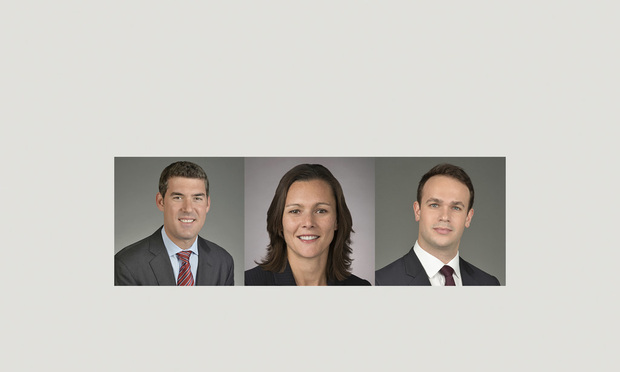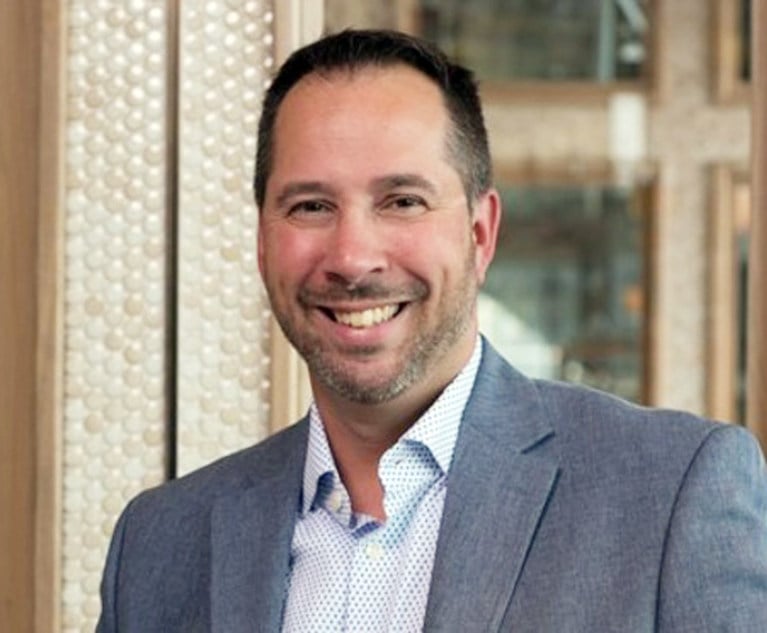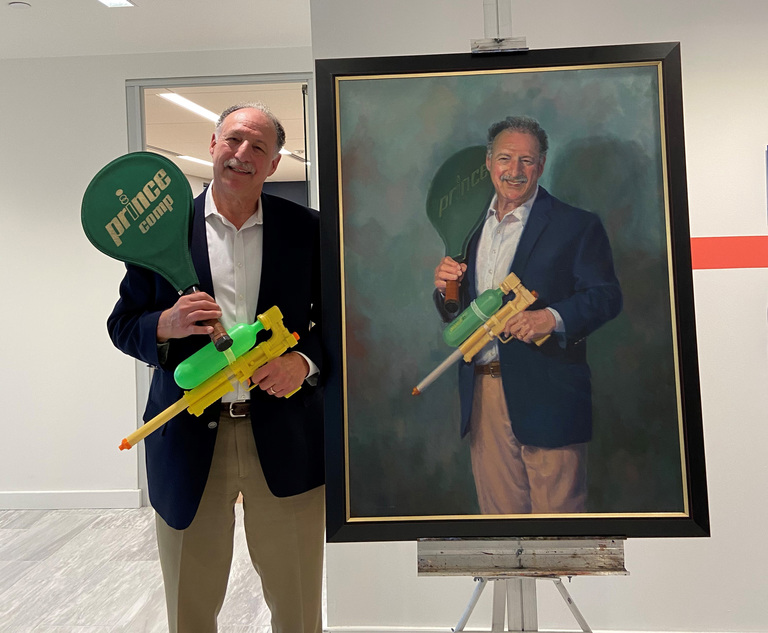Allegations of willfulness inject the subjective intent of the accused infringer into the otherwise strict liability framework of patent infringement. Such allegations raise the stakes of patent litigation and tend to make it more personal—depending on the infringer’s behavior, a court may enhance damages up to three times the amount assessed by the factfinder. Willfulness claims also expand the scope of discovery and invariably lead to thorny disputes concerning the attorney-client privilege. This is particularly so when an accused infringer presents a defense based on evidence of a subjective good faith belief of non-infringement or invalidity. Since the U.S. Supreme Court’s 2016 decision in Halo Electronics v. Pulse Electronics, an accused infringer’s subjective beliefs are central to the willfulness inquiry. Accused infringers must therefore decide early on how they intend to defend themselves and whether they will rely on evidence that might otherwise be protectable under the attorney-client privilege.
‘Halo’ Focuses the Willfulness Inquiry
Before Halo, a patentee had to prove, by clear and convincing evidence, that infringement was both objectively reckless and subjectively willful. Halo removed the “objective” prong and focused the inquiry solely on the accused infringer’s subjective belief at the time of infringement. Halo also lowered the evidentiary burden on patentees to a preponderance of the evidence.
This content has been archived. It is available through our partners, LexisNexis® and Bloomberg Law.
To view this content, please continue to their sites.
Not a Lexis Subscriber?
Subscribe Now
Not a Bloomberg Law Subscriber?
Subscribe Now
LexisNexis® and Bloomberg Law are third party online distributors of the broad collection of current and archived versions of ALM's legal news publications. LexisNexis® and Bloomberg Law customers are able to access and use ALM's content, including content from the National Law Journal, The American Lawyer, Legaltech News, The New York Law Journal, and Corporate Counsel, as well as other sources of legal information.
For questions call 1-877-256-2472 or contact us at [email protected]


 (l-r) Michael Kahn, Rachel Elsby, and Michael Petegorsky, of Akin Gump Strauss Hauer & Feld.
(l-r) Michael Kahn, Rachel Elsby, and Michael Petegorsky, of Akin Gump Strauss Hauer & Feld.




